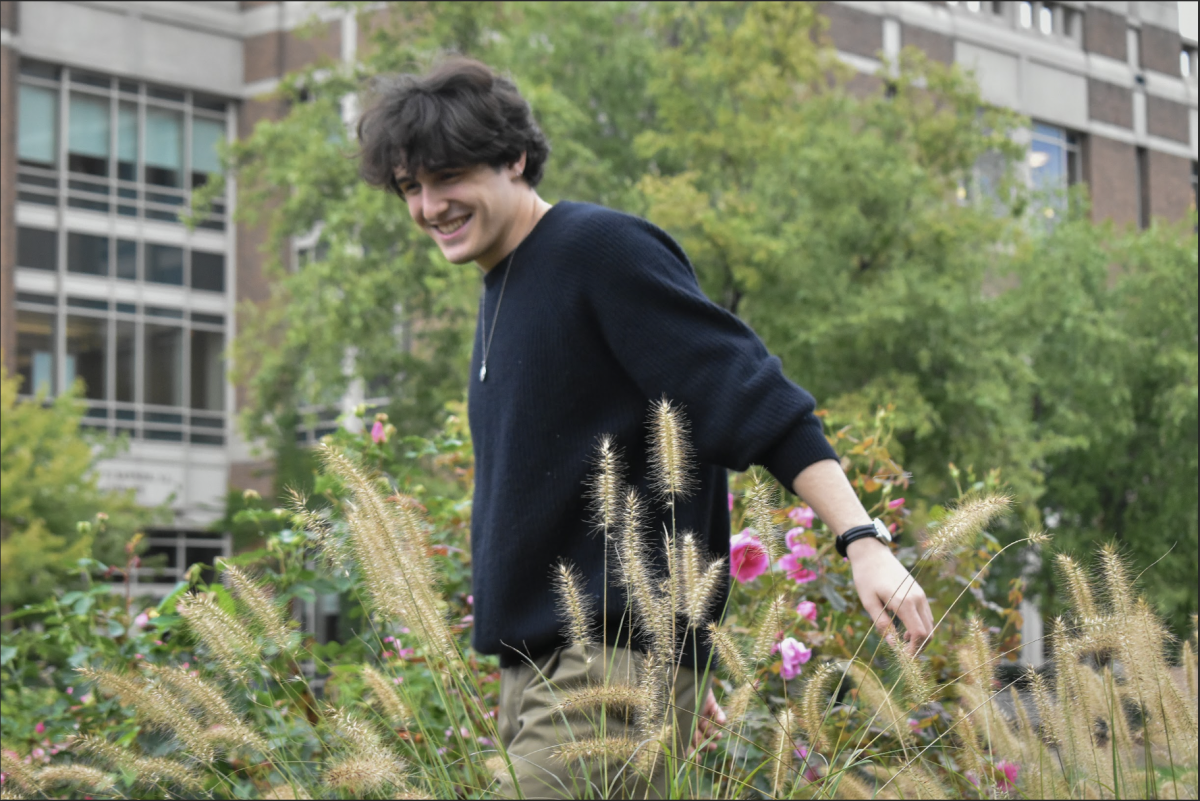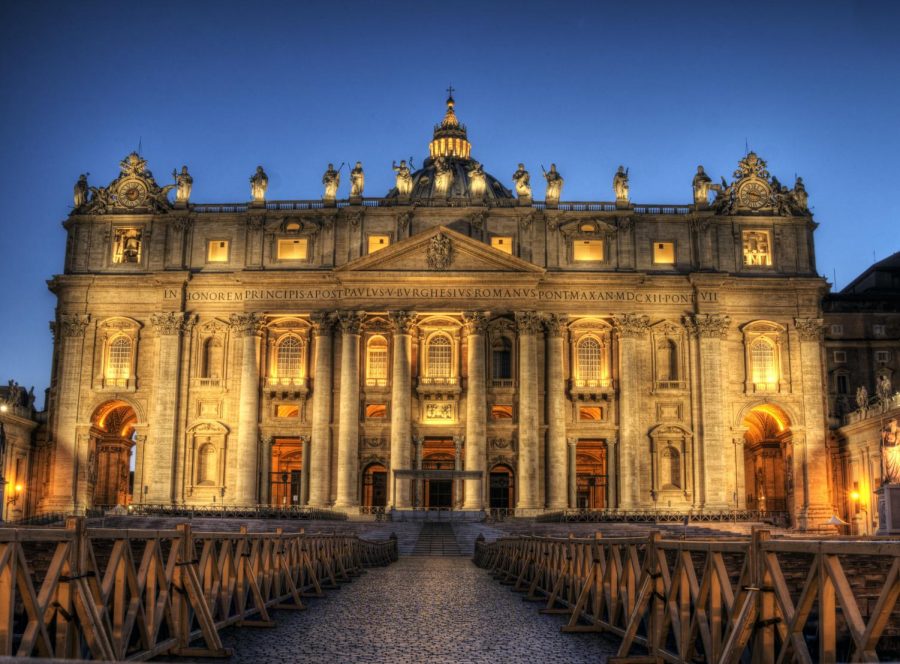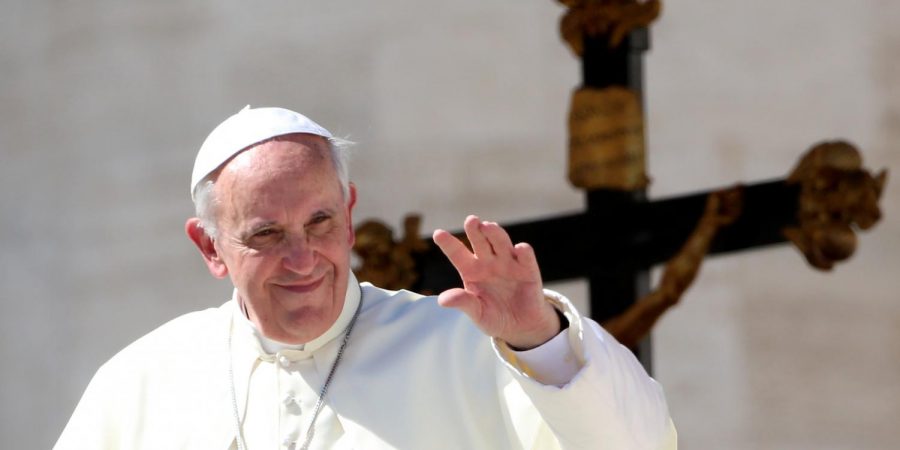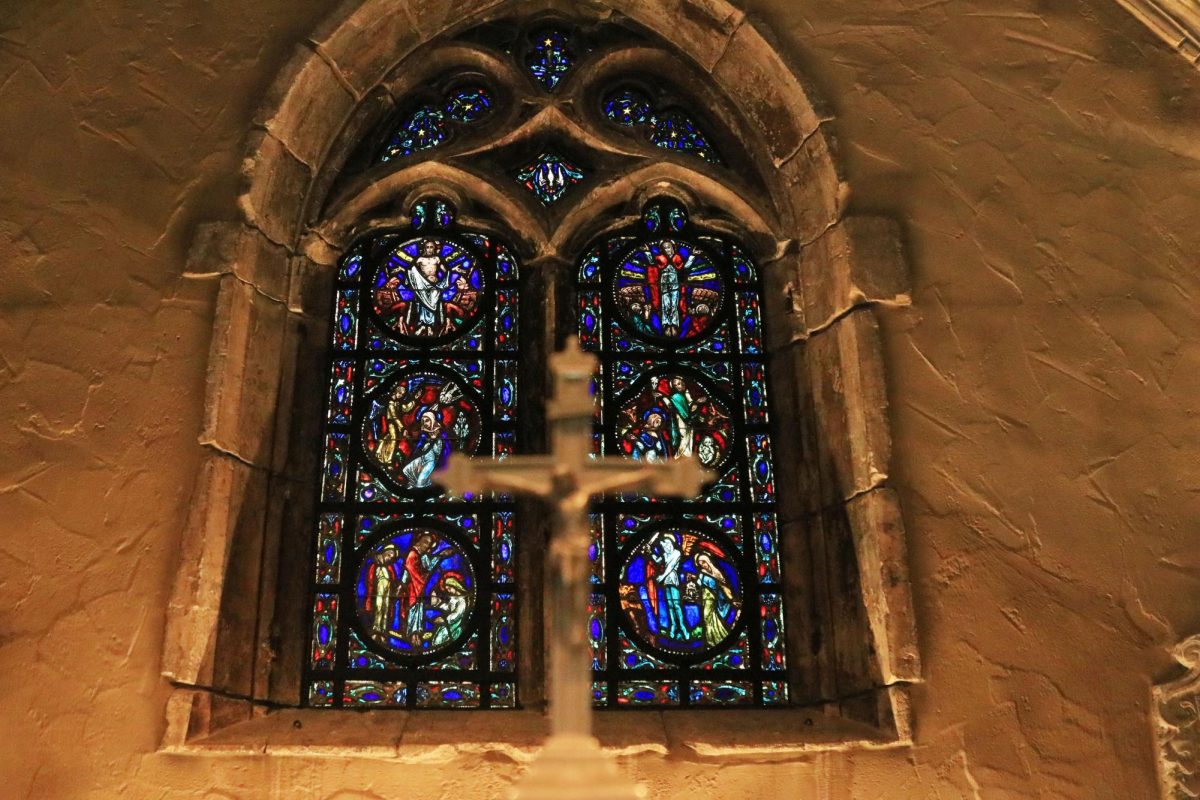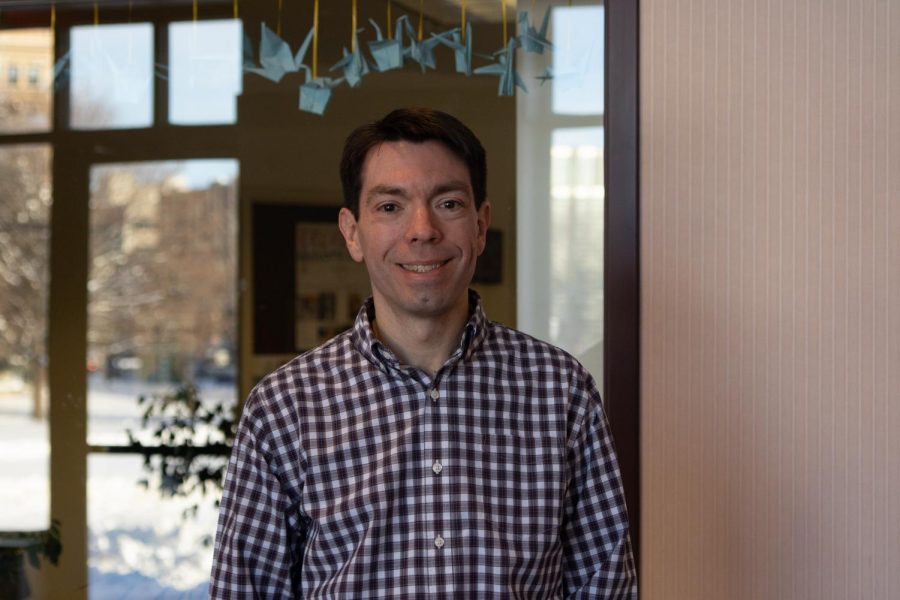I was raised Catholic, and in my early years, I was a very devout believer. I went to Church every Sunday with my family, I prayed almost daily and was determined to avoid sin.
As a child I was riddled with anxiety and would often use prayer to cope. I slowly came to the realization that the origin of my worries was my faith. I was deathly afraid of sinning and believed I was indefinitely guilty of some wrongdoing that led me astray from God.
Nonetheless, I persisted in being the perfect Catholic boy I thought I should be.
There came a point when I encountered ideas that were contrary to my Catholic worldview. I recognized the inequity in the way my religion treated women. Despite the teachings of my church, I recognized that LGBTQ+ people were just as deserving of dignity and respect as cisgender and heterosexual individuals.
I watched my Catholic classmates torment each other with homophobic epithets and frequently make gross sexist remarks. When I witnessed the conflict in front of me, my resentment toward my faith grew.
Eventually, I could not handle it anymore, and I resolved to divorce myself from religion entirely. At this time, I considered myself an atheist and professed my identity to my parents and friends any chance I got.
As far as I knew, no one in my family had questioned their faith this way. I was the only one taking this path, rejecting the religion I had inherited.
I was met with harsh resistance from my parents who were deeply worried about what this decision may mean for my soul. They fought with me over the lack of guidance I would have without belief in a higher power.
It was a constant battle to have my family legitimize my doubts about Catholicism. They validated my concerns about inequity within the religion, but they did not reciprocate the cognitive dissonance I felt. My parents were satisfied picking and choosing beliefs from Christianity that aligned with their morals, while still identifying as Catholic, but I could not handle the inconsistency.
My parents continued to bring me to Sunday Mass, much to my chagrin, but at the very least this time gave me an opportunity to think. While I sat in the pews, I contemplated the arguments I was having regularly with my parents.
I understood that they worried that I could not be happy if I had no higher power to guide me. Was it possible they were right? Without God, would I be left miserable for the rest of my life?
However, I was miserable as a Catholic, and I did not want to deal with the anxiety and ambivalence it brought. I needed to carve my own path.
I discovered that I did not need God to see a higher purpose in my life. Every day I encountered beauty and wonder that made me feel whole. Painting a picture or walking through the woods filled me with a sense of spiritual fulfillment that I did not need religion for, and I think my parents started to recognize this.
As my head cleared from the childish innocence of my early teenage years, I realized how I neglected to respect the beliefs of my family. As much as I felt that religion had been imposed on me, I was also imposing my lack of faith on them.
My struggle with faith, and the resistance I had from my family, taught me tolerance of other people’s beliefs regardless of disagreements I may have. Everyone’s relationship with religion is personal, and it is not my place to pass judgment on their hypocrisies and inconsistencies if they are still growing.
I learned a crucial lesson about independence. Taking your own path is going to be difficult and people are going to pull you back, but you must persevere for the things you feel strongly for.
This story was written by Joseph Schamber. He can be reached at joseph.schamber@marquette.edu.


